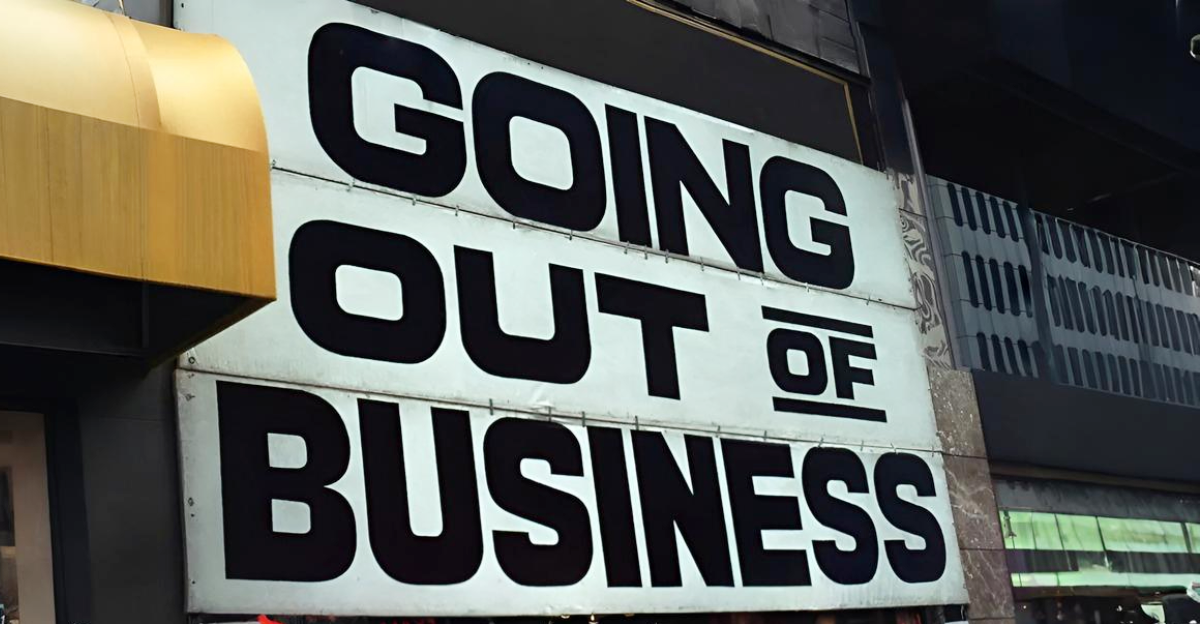
In 2025, a glaring statistic illustrates an ongoing issue: only 2.5% of U.S. businesses are Black-owned, which has remained stagnant for years. This number is particularly concerning as systemic inequalities in access to capital and resources continue to widen.
Recent months have highlighted even more hurdles, with major retailers quietly scaling back on billion-dollar diversity initiatives and Wall Street banks reportedly cutting funding for minority entrepreneurs. As cultural momentum wanes and economic anxieties loom, Black-owned start-ups grapple with growth rates that lag a staggering 20% behind their national competitors. The narrative of struggle is deep and complex; it’s much more than just headlines.
The Capital Drought

The financial landscape for Black entrepreneurs is increasingly bleak. According to the Federal Reserve, the percentage of Black business loan applicants receiving complete funding has plummeted from 40% in 2022 to a mere 18% by late 2024. Meanwhile, venture capital funding for Black-founded companies has witnessed a staggering 45% drop in just one year, marking the sharpest decline across all demographics.
“We’re feeling the squeeze everywhere,” notes a local entrepreneur who has seen payroll and inventory costs rise simultaneously. The impact of these financial shortfalls cascades throughout daily operations, forcing many business owners to reconsider expansion plans or, in some cases, even downsize. Could this year mark a turning point for Black entrepreneurship on Main Street?
The DEI Backlash

Corporate diversity, equity, and inclusion (DEI) efforts gained significant traction in the last five years. However, as we step into early 2025, several Fortune 500 companies have begun to quietly retract high-profile commitments that once aimed to support Black-owned businesses. For instance, Target abruptly ended its ambitious $2 billion spending goal for Black suppliers.
Critics argue that political polarization and legal threats have fueled this retreat, creating a domino effect that reverberates throughout retail supply chains. “What was once a chance for growth has turned into a struggle for survival,” laments a business owner who relied heavily on retail partnerships. Do these cutbacks signal a temporary setback, or are they indicative of a more permanent change?
Multiplying Barriers

As if accessing capital wasn’t tricky enough, Black entrepreneurs now face various regulatory hurdles exacerbating their challenges. New regulations stipulated under the Corporate Transparency Act demand complex reporting from all small businesses, leading to allegations of disproportionately burdening Black owners.
The effects of inflation gnaw at already thin profit margins, and a recent McKinsey survey found that 60% of Black brands are struggling to maintain key relationships with major retailers. “It’s a perfect storm,” explains a small business owner who has been in the market for over a decade. With online fraud and supply chain delays further complicating matters, many entrepreneurs label 2025 as the most challenging year. How much longer can these businesses withstand the mounting pressures?
The Nine Plagues Facing Black-Owned Businesses

This year, a convergence of challenges has been aptly named the “nine plagues” impacting Black-owned businesses: 1) capital shortages, 2) retreating retailers, 3) declining DEI investments, 4) regulatory burdens, 5) inflation, 6) marketing cuts, 7) supply chain disruptions, 8) increased online fraud, and 9) boycott backlash.
These distinct yet interconnected issues have originated from numerous advocacy group reports and business owner surveys. For many entrepreneurs, the crux of the crisis lies not in any single setback but in the cumulative impact of these challenges arriving at breakneck speed, overwhelming those striving to thrive against adversity.
Regional Disparities
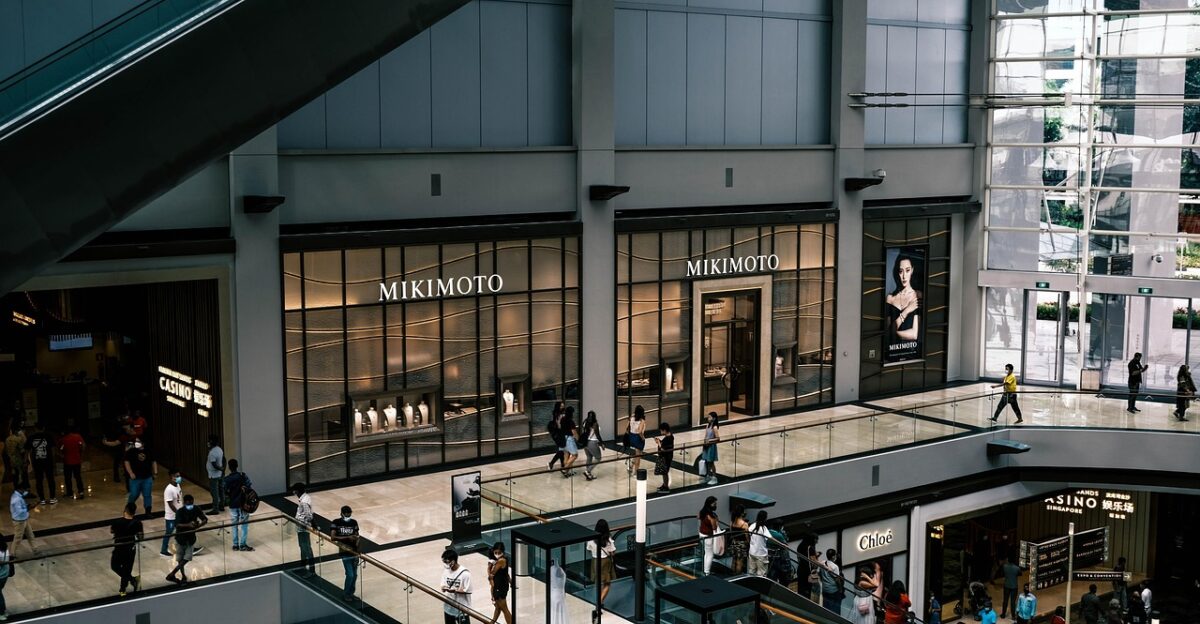
The fallout from these pressures varies significantly by geography. Southern states, notably Georgia and Texas, have reported the highest number of Black-owned store closures since late 2024. Meanwhile, brands in the Midwest are experiencing slowdowns as crucial retail partnerships dissolve. For Black tech start-ups in California, the most pressing issue remains the loss of venture capital rather than the struggle for shelf space.
Urban centers grapple with soaring rents while rural businesses worry about bank closures and barriers to digital payment access. “The landscape is evolving; the question is who will adapt and who will be left behind?” reflects a regional analyst. Geography is becoming a significant factor in who survives this tumultuous era.
Authentic Voices from the Frontlines

The transformation of retail relationships is painfully evident to many entrepreneurs. “After Target ended its pledge, we lost our place in three major chains overnight,” shares Ericka Chambers, co-founder of Puzzles of Color. Other founders echo her sentiments that cash flow gaps have forced staff reductions for businesses like Vontélle eyewear.
At the same time, Hanifa has shifted focus to direct-to-consumer sales amid closing retail doors. “We’re constantly reinventing ourselves just to stay visible,” reveals Camille Bell, CEO of Pound Cake Beauty. Their stories illuminate resilience and the relentless uphill battle many face toward building and maintaining their enterprises in an increasingly challenging environment.
Retailers Retreat
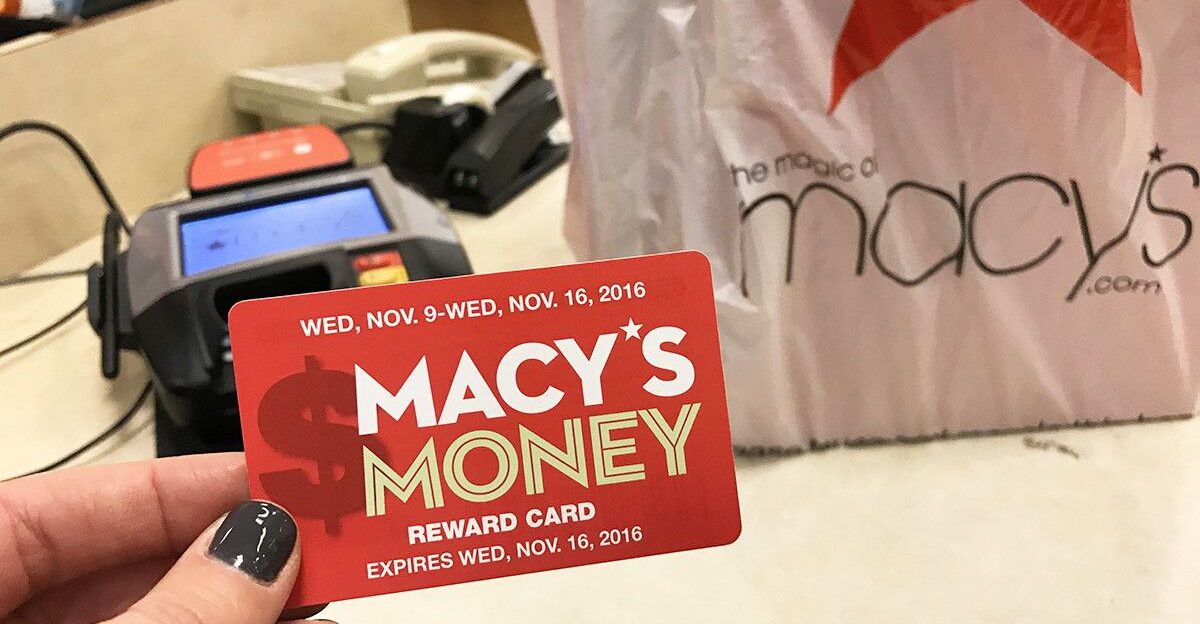
The retreat of major retailers such as Target, Ulta, and Macy’s has accelerated the rollback of initiatives designed to support Black suppliers. Target’s $2 billion commitment officially lapsed in January, and Ulta’s dedicated shelf program quietly ended. Brands are now adapting to a new reality; some are experimenting with “pop-ups” or online collaborations to engage consumers, while others are banding together on platforms like the 15 Percent Pledge for mutual support.
“Retail is shifting under our feet; we have to keep up or risk becoming irrelevant,” says a small business owner trying to navigate these choppy waters. As the marketplace evolves, the challenges for smaller firms mount.
Diverging Trendlines

While U.S. small businesses overall experienced modest growth of 4% in early 2025, Black-owned firms lag significantly behind with only a 0.9% growth rate. Analysts point to “DEI fatigue,” diminished access to bank loans, and an overarching economic downturn as primary factors contributing to this disparity.
Social media campaigns supporting Black businesses remain robust, with efforts like #BuyBlack reportedly generating over $110 million in holiday spending for 2024. “The enthusiasm is there, but it’s not translating into long-term solutions,” states a financial advisor familiar with the trends. Will this grassroots enthusiasm evolve into sustainable economic support as systemic barriers endure?
Activist Backlash
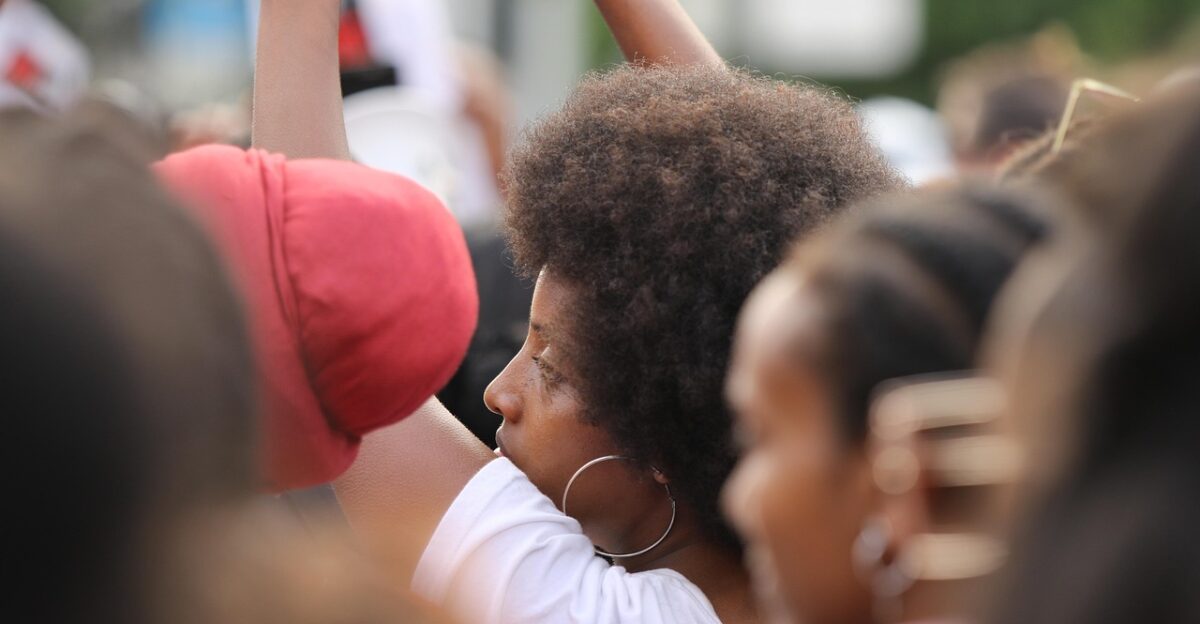
The growing rift between social activism and corporate accountability has also begun to surface. Many activists are expressing frustration over the slow pace of real change. “It’s not enough to just make pledges. We need tangible action and commitment from these corporations,” asserts a community leader.
As public calls for accountability intensify, retailers and corporations face mounting pressure to fulfill their diversity and inclusion commitments while innovating new solutions that uplift marginalized voices. Will these pressures lead to genuine transformation, or will companies revert to complacency? The answer remains uncertain, and the stakes could not be higher for Black entrepreneurs navigating this precarious terrain.
The Role of Community Support

Against this backdrop of retreat and struggle, community support has become increasingly vital for Black-owned businesses. Local organizations and grassroots initiatives are stepping in to fill the gaps left by corporate pullbacks. “We’ve leaned on community to survive,” shares a small business owner who has benefitted from local mentorship programs.
Peer networks foster collaboration among entrepreneurs who share resources, advice, and strategies to navigate these trying times. These community-driven efforts could serve as lifelines for many as they attempt to overcome barriers and compete in a challenging marketplace while reinforcing the importance of mutual support.
Digital Transformation as a Lifeline
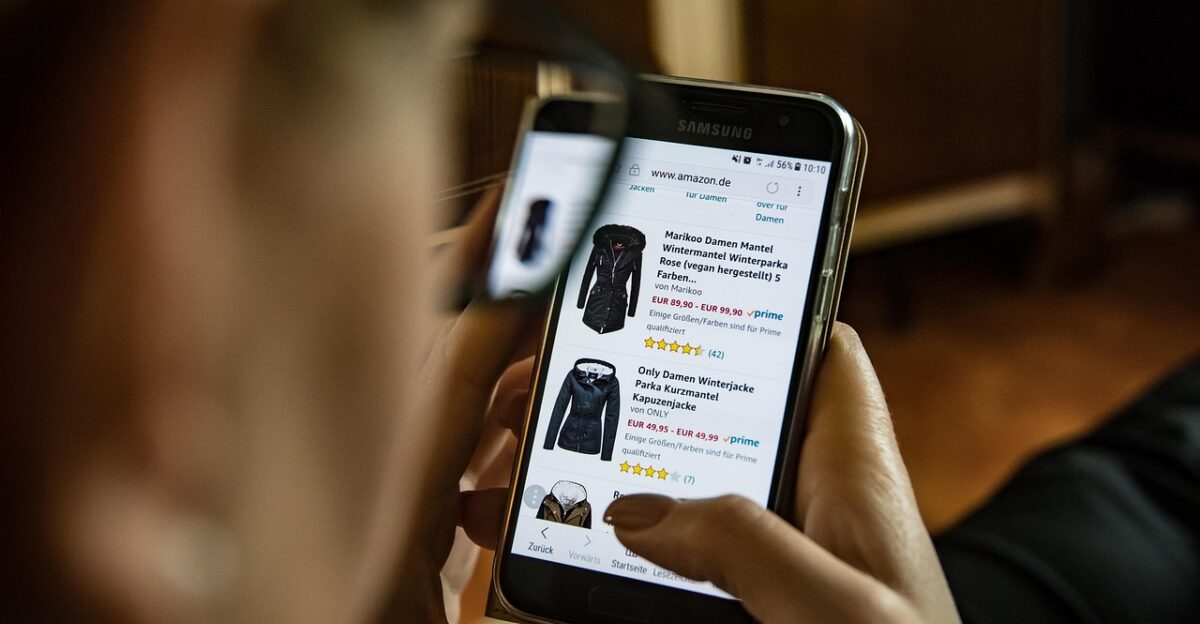
In the face of all these challenges, many Black-owned businesses are exploring digital transformation as a potential lifeline. E-commerce platforms and social media have become essential tools for reaching consumers who increasingly shop online. “We’ve shifted a lot of our focus to digital; it’s essential for our survival now,” notes a business owner who has embraced this transition.
However, this shift requires resources and expertise, often in short supply. Learning to navigate the digital landscape presents its hurdles, yet for many, it represents a crucial opportunity to connect with consumers in new ways, proving that adaptation is key.
New Alliances and Partnerships

Black entrepreneurs are forming new alliances and partnerships to combat the ongoing challenges. Collaborations with other underrepresented businesses can amplify their collective voices and resources. “There’s strength in numbers,” claims a participating business owner who has seen firsthand how cooperative marketing can transcend boundaries.
Such relationships foster resilience and can unify efforts to advocate for necessary policy reforms. This renewed spirit of collaboration highlights the power of community in navigating setbacks, making a compelling case for solidarity as a strategic advantage in the current landscape.
Looking Ahead: A Call to Action

As 2025 unfolds, the backdrop of struggle presents an unmistakable call to action for consumers, policymakers, and stakeholders. Advocating for equitable access to capital, supporting local Black-owned businesses, and pushing for corporate accountability can create a ripple effect of change.
“We need to be vocal about where we spend our money; our choices impact the broader community,” urges a community leader. It’s imperative to lean into this momentum, ensuring that the resilience of Black entrepreneurs is recognized and supported. Everyone can contribute to creating a more equitable and vibrant economic landscape by taking action.
The Fight Continues

The challenges Black-owned businesses face in 2025 are daunting, yet the fight for survival and growth continues. With a unique blend of resilience, community support, and an adaptive spirit, entrepreneurs strive to carve out a space for themselves in a shifting marketplace.
“This is more than just business; it’s about legacy and uplifting our communities,” emphasizes a seasoned observer of the landscape. As this narrative unfolds, the collective strength of Black entrepreneurs, their networks, and the communities they serve will undoubtedly shape the future of business in America. The story isn’t done yet, it’s just beginning.